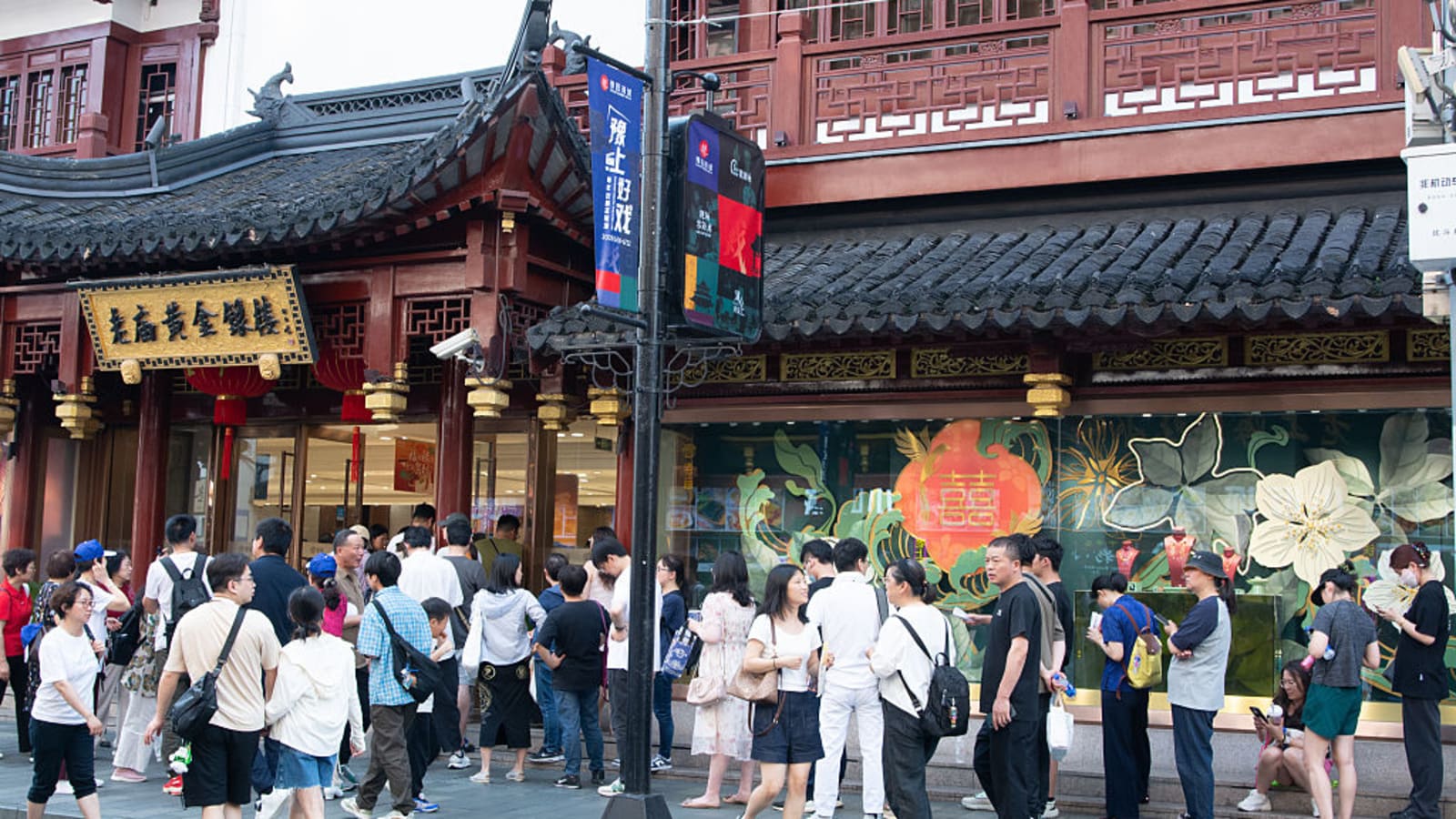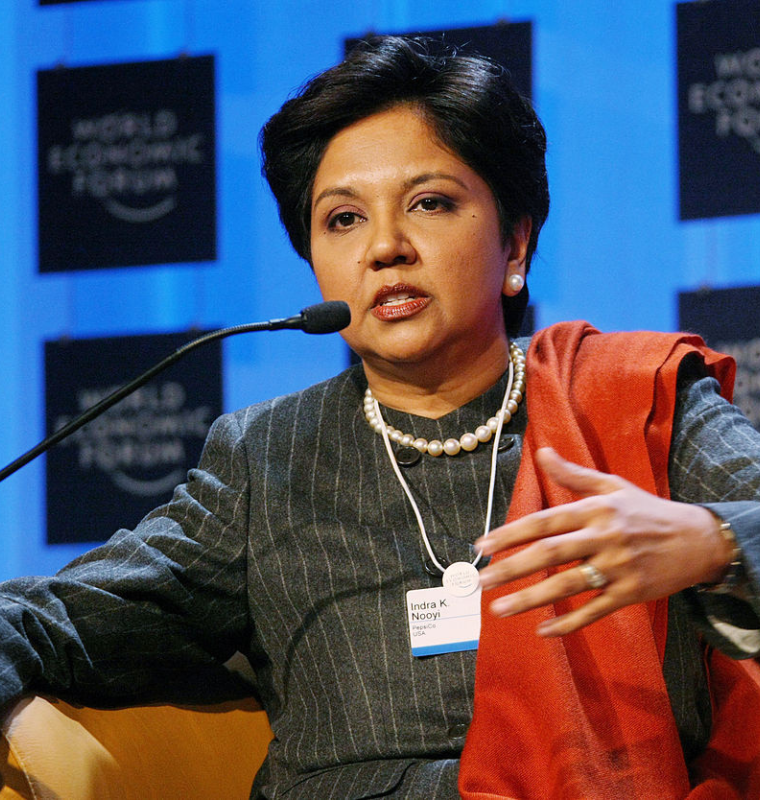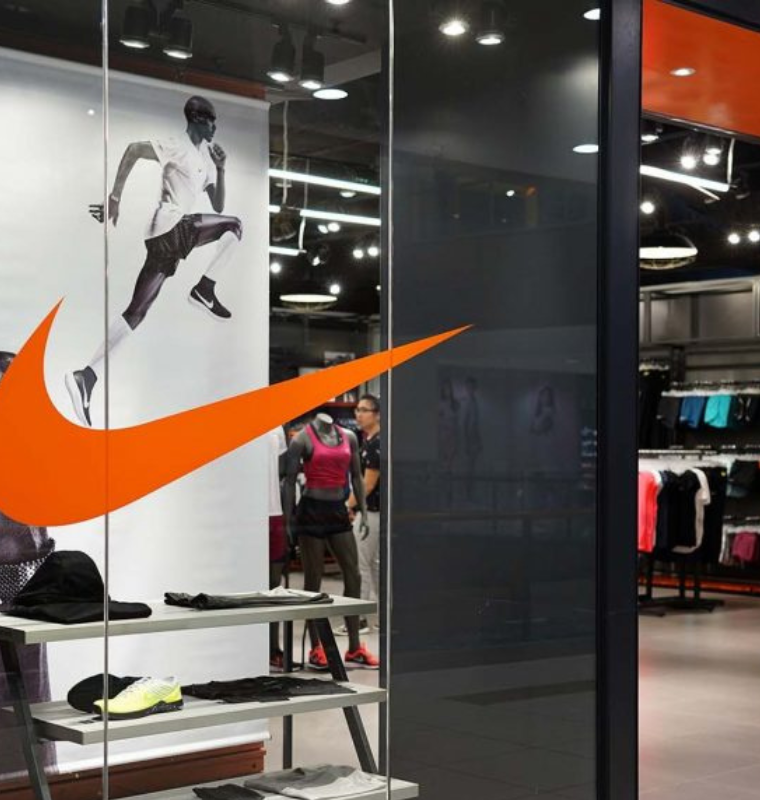China’s May Retail Sales Surge 6.4%, Fastest Growth Since December 2023, Boosted by Government Subsidies and E-Commerce Boom
China’s May Retail Sales Surge 6.4%, Fastest Growth Since December 2023, Boosted by Government Subsidies and E-Commerce Boom
By
Junia Wells
Last updated:
June 16, 2025
First Published:
August 3, 2025

Getty Images
Retail Sales in China Accelerate Sharply in May
China’s retail sales jumped 6.4% year-over-year in May, significantly exceeding analysts’ forecasts of 5.0% growth and accelerating from April’s 5.1% increase, according to data released by the National Bureau of Statistics (NBS) on Monday. This marks the fastest pace of retail expansion since December 2023, providing a much-needed boost to the world’s second-largest economy.
The surge was driven in part by a mix of government subsidies, expanding consumer incentives, and a robust uptick in online shopping ahead of the highly anticipated “618” e-commerce shopping festival, one of China’s largest annual retail events.
Government Support and Tourism Fuel Consumption
NBS spokesperson Linghui Fu attributed the consumption rebound to several key factors:
- The ongoing consumer goods trade-in program, which offers subsidies to encourage spending on new products.
- A sharp rise in online sales during the pre-618 shopping period.
- Increasing numbers of foreign tourists, following China’s expansion of visa-free entry policies to welcome travelers from more countries.
However, Fu also cautioned about ongoing challenges, highlighting that maintaining stable economic growth amid global trade uncertainties and fluctuating policies remains “particularly challenging” as the country enters the second quarter.
Industrial Output and Investment Show Mixed Signals
While retail sales are climbing, other economic indicators showed signs of slowing:
- Industrial output rose by 5.8% year-on-year in May, down slightly from 6.1% in April and missing analysts’ forecast of a 5.9% increase.
- Fixed-asset investment, which tracks spending on infrastructure and property, grew 3.7% year-to-date through May, falling short of the expected 3.9% growth and slowing from 4.0% growth in the first four months of 2025.
- Property investment notably declined 10.7% over the first five months, deepening concerns about China’s real estate market health.
Economists warn that falling property prices may weigh on consumer confidence. According to NBS data, prices for new homes continued to fall in May: down 1.7% in Tier 1 cities, 3.5% in Tier 2, and 4.9% in Tier 3 cities compared with the previous year.
Trade and Export Trends Amid Global Uncertainty
China’s trade picture remains complex amid ongoing tariff tensions:
- Exports to the United States plunged over 34% year-over-year in May, marking their sharpest decline since February 2020.
- However, shipments to Southeast Asia, the European Union, and Africa surged, partly offsetting the U.S. decline.
- A 90-day tariff truce between Beijing and Washington, agreed in mid-May, allowed some businesses to frontload shipments while exploring new markets.
Despite the challenges, analysts at Goldman Sachs highlight recent trade data as a sign of resilience in China’s export sector, emphasizing the difficulty tariffs have in significantly curbing total Chinese exports.
Unemployment and Inflation: Signs of Stabilization
China’s urban unemployment rate eased slightly to 5.0% in May, the lowest since November 2024, down from 5.1% in April.
Consumer inflation remains subdued, with consumer prices falling 0.1% year-over-year in May, marking four consecutive months of mild deflation. Producer prices dropped even more sharply, down 3.3%, signaling ongoing pressure in factory-gate prices.
What’s Next? Challenges Ahead for Sustaining Growth
Domestic demand remains a critical challenge. Experts warn that without continued policy support, the consumption rebound could be short-lived:
- The consumer goods trade-in program has seen pauses in several cities after the first two rounds of subsidies were exhausted.
- Analysts predict a “triple whammy” effect in the coming months due to tightened spending restrictions on officials, the winding down of the 618 festival’s boost, and potential pauses in government subsidy programs.
Economists like Jianwei Xu of Natixis expect consumption growth to slow unless fresh stimulus measures are introduced. Meanwhile, Morgan Stanley’s Robin Xing forecasts that Beijing might increase its fiscal subsidy quota modestly by late Q3 or early Q4 if GDP growth dips below 4.5%.
Popular articles
Subscribe to unlock premium content
Indra Nooyi’s Strategic Vision at PepsiCo: Balancing Profitability with Purpose

Nike’s Direct-to-Consumer Revolution: How Cutting Retailers Boosted Profits and Control

Spotifys Playlist Power Turning Music Curation Into An Advertising Goldmine

Indra Nooyi’s Strategic Vision at PepsiCo: Balancing Profitability with Purpose

Nike’s Direct-to-Consumer Revolution: How Cutting Retailers Boosted Profits and Control

Indra Nooyi’s Strategic Vision at PepsiCo: Balancing Profitability with Purpose









